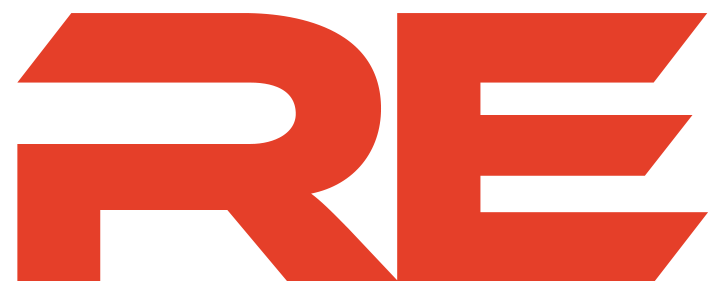- Home
- Our Newspaper
- Economies
- Hold that Turkey and Stuffing! An Impoverished Woman in India Needs 10 Goats!
Hold that Turkey and Stuffing! An Impoverished Woman in India Needs 10 Goats!
Before we talk about those goats and suggest a better way for Americans to give a different form of thanks on our own special day of abundance, let’s explore the need these animals fill in rural India.
The International Fund for Agricultural Development (IFAD), a specialized agency of the U.N. estimates that each goat could return from 5,000 to 6,000 rupees ($67-$80 U.S.) annually. The target of this campaign is to provide 11 animals for each of 155+ women initially chosen to participate. This adds up to a yearly revenue of 50,000 to 60,000 rupees ($670-$800 U.S.) which goes a long, long way in remote villages.
Considering the lifespan of the goat, which is extremely hardy and generally delivers birth to twins or more twice yearly, combined with a voracious market for its meat and milk both inside and outside India, this act of charity supplemented by micro-loans will pull these women and their families out of mere subsistence.
If ever a helping hand were needed from we in the U.S., here’s a sampling of the circumstances you can change:
Malati. Her only source of income is daily labor. Husband, a mason, migrated to New Delhi but returned due to Covid-19 pandemic lockdown.
Madhumit. Housewife married to a marginal farmer who works as a laborer in New Delhi. She presently has two goats, having sold two last year to provide education for her children. Barely subsisting.
Gouri. Belongs to a landless family. Husband is a day laborer. She lost three goats last year to illness and had to sell her final four this year to sustain her household.
The stories of these women share a universality: poverty, living in sub-standard circumstances, children to feed and a fierce desire to become financially independent through goat farming.
Combining American/Indian Brain Power
The planning and provisioning of the goats are under the stewardship of the well-respected Indian development organization, DCBS is partnering with the American firm, ALPHAFIN and its CEO, Adel Elmessiry.
The partnership came about when both entities, searching for finance institutions that shared the values of helping the poor and doing so by way of micro-lending, crossed paths online.
Adel’s unique DNL (distributed Network Lending) in which loans can be made by friends and family rather than a bank or governmental agency, caught the attention of Animesh Naiya, DCBS Secretary and CEO. DCBS, as a not for profit devoted to developing women entrepreneurs, this was a welcome addition.
The next welcome addition is your donation.
For the initial stage, DCBS has selected 155 beneficiaries to support a “Black Bengal Goat Farming” campaign in the Sundarbans delta region of India with the goal of providing 10 she goats and one male goat as well as constructing a goat shed for shelter. This comes to a total of $557 U.S. per woman and a grand total of $86,335 for the project.
Every dollar donated is precious and serves as an essential resource to eliminate the need for DCBS to go to bankers. Please go to https://dcbs.in/. To be a donor, go here: https://dcbs.in/donation/
Latest Articles
Latest Interviews
By Contributor:

Jerry Ashton
Jerry Ashton walked into Occupy Wall Street in 2011 as a debt collector, and walked out of that experience two years later as a debt forgiver – literally rethinking his profession to co-found RIP Medical Debt in 2014 to reverse the ills caused by that industry. Six years later at the time of his retirement, his charity had successfully abolished over $2.7 billion in unpayable medical debt for over 1,800,000 Americans across the U.S. As of this writing, the total debt abolished is over $5 billion over almost 4 million people.
Jerry founded Let's Rethink This in late 2020 with the intention of seeing that lightning can strike twice. This time as a “B” Corp and not a charity, Jerry and his co-creators intend to bring about $1 billion in social and economic good this time through a unique Searchlight/Spotlight/Ignite model.










